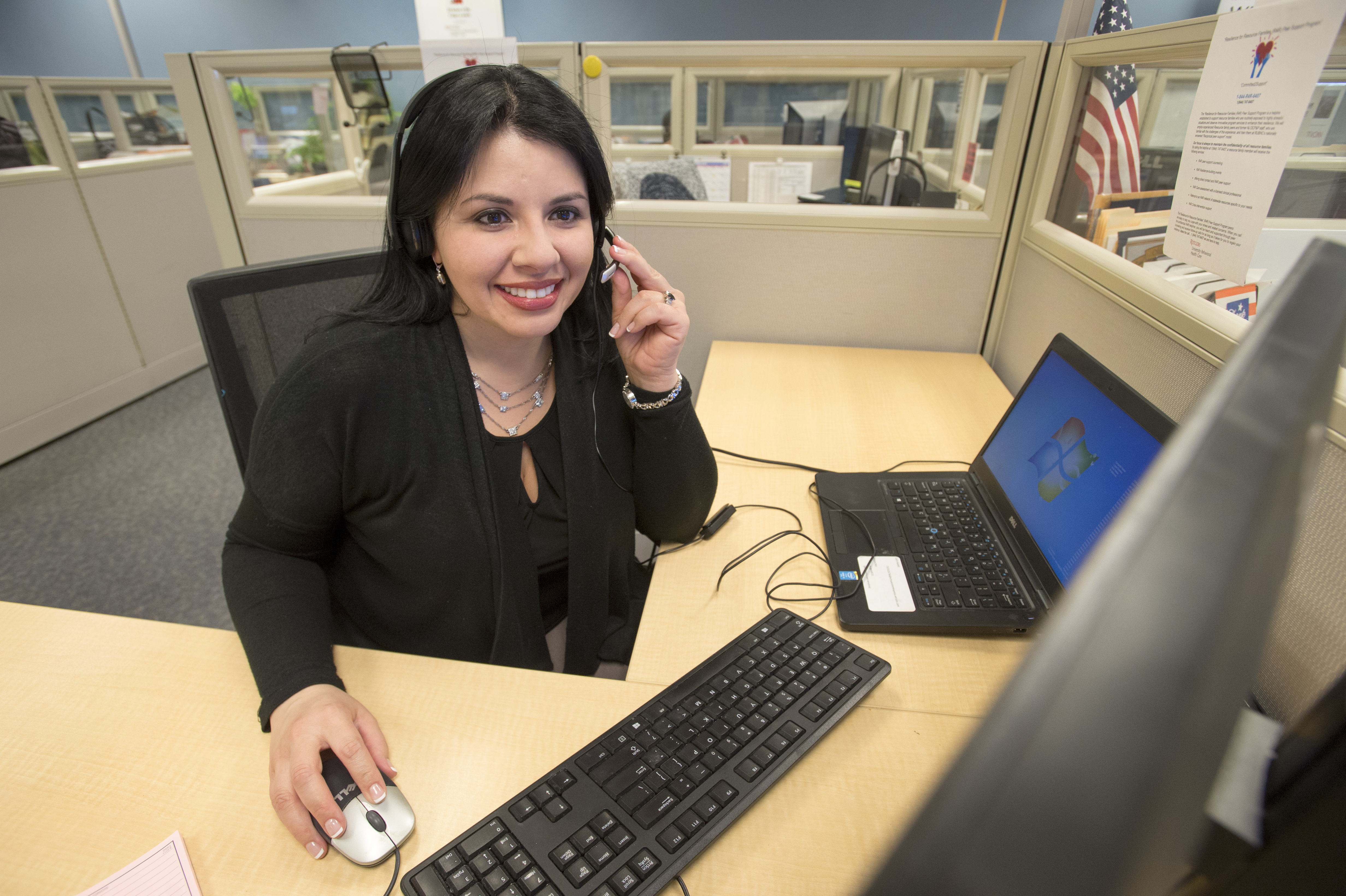Mental Health Resources
Your well-being is our priority.
Graduate students experience the normal stresses and strains of everyday life - losses, disappointments, conflicts. But because of their graduate status, they can experience additional stresses. We’ve developed these guidelines and services to help prepare graduate students for some of the predictable and common stresses that they face. More information, including how to contact a counselor, is available by following the relevant link below. In the case of an emergency, please dial 911
Let's Talk
Free Private and Confidential Drop-In Conversations. Available in person, via telehealth, or by phone. To schedule an appointment, call 848-932-7884 and choose option 2. For all options, Monday-Friday, visit HERE.
The Summer 2024 days & times for our graduate-focused counselors, Dana and Shan, will be:
- Thursdays 10 am – 11 am with Dana Simons, in person on Busch Campus or Zoom
You can see Dana on Thursdays from 10 am to 12 pm at the Center for Advanced Biotechnology and Medicine, Room 240 at 679 Hoes Lane West, Piscataway, OR via Zoom. Appointments are not needed but are recommended, and please arrive no later than 10:30 am. If you would like to talk to Dana at any other time, call 848-932-7884 and press #2 to leave a message with your name, RUID, and phone number, and she will call you back.
If these days, times, or formats do not meet your needs, we encourage you to connect with our other Let’s Talk community-based counselors who are located across all five campuses with a variety of availability options. Our counselors are diverse in social, racial, ethnic, gender, age, and sexual identities to meet the diverse needs of our graduate population. To see other Let's Talk options, visit HERE.
Uwill
Free immediate access to teletherapy through an easy-to-use online platform
- Choose a therapist based on your preferences, including issue, gender, language, and ethnicity.
- Select a time that fits your schedule with day, night, and weekend availability.
- Access is quick and easy. Register and book your first session using your Rutgers email.
- Uwill is Private. Secure. Confidential.
Do Something to Help
If you are concerned about the mental or physical health of a student or have viewed an incident of bias or harassment, you can report it anonymously on the Do Something to Help Rutgers website.

Services and Programs
With a commitment to the mental health of our graduate students, we offer a wide range of services and resources on and off campus.
Counseling
Counseling services help students understand and change behaviors or situations that are problematic in their lives. Most students come to counseling when their usual ways of coping aren’t working well. We offer a variety of services, including:
- Individual therapy
- Group therapy
- Crisis intervention
- Workshops and educational programs
- Referral to specialists in the community
- Consultation and collaboration with campus partners.
Counseling, Alcohol and Other Drug Assistance Program & Psychiatric Services (CAPS)
Counseling, ADAP and Psychiatric Services (CAPS) is part of Rutgers Student Health. CAPS is staffed by psychologists, drug and alcohol counselors, psychiatrists, social workers, and select graduate students in training. Services are free for students.
New Brunswick/Piscataway:
Masters of Biomedical Science and Clinical and Translational Science students
Rutgers Mental Health Clinics
Rutgers operates mental health clinics available to graduate students and the surrounding community. These include:
- Anxiety Disorders Clinic
- Couples Clinic
- Tourette Syndrome Clinic
- Psychological Services Clinic
For Biomedical and Health Science Campus Students
All Ph.D. and Masters students at Newark campus, and Masters and MBS students at Biomedical Health Science New Brunswick | Piscataway campus use the Student Wellness Program which is an outpatient treatment facility for medical, dental, and graduate students in need of psychiatric help. The service is not available to student's dependents. Dependents may, however, be seen in consultation. Treatment here refers primarily to relatively short-term restorative intervention in problems that may have arisen during a student's stay in school, and not to long-term, in-depth psychotherapy. When it is necessary to have further therapy on a long-term basis, the student will be referred to private care.
Come Talk With Us
Should you have questions or concerns about yourself or a friend who may need help, you are also welcome to contact Barbara Bender, 848-932-7747, Janet Alder, 732-235-5392, or Nadine Stevens, 973-972-4511 (Newark), at the Office of the Dean of the School